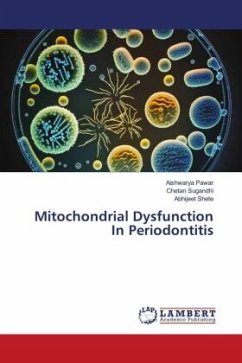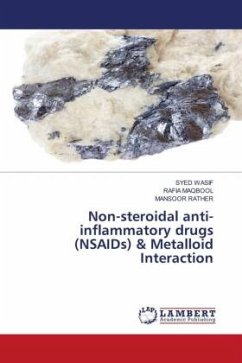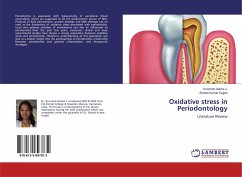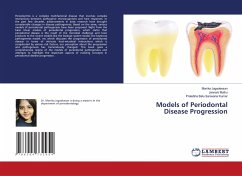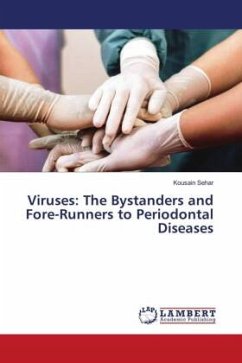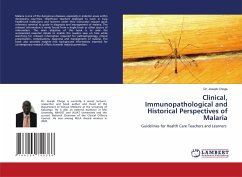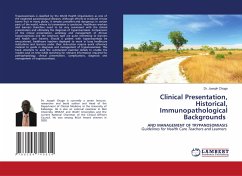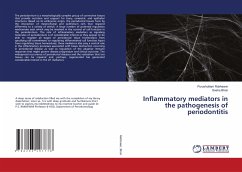
Inflammatory mediators in the pathogenesis of periodontitis
Versandkostenfrei!
Versandfertig in 6-10 Tagen
51,99 €
inkl. MwSt.

PAYBACK Punkte
26 °P sammeln!
The periodontium is a morphologically complex group of connective tissues that provide nutrition and support for bony, cemental, and epithelial structures. Based on its embryonic origin, the periodontal tissues form by the interaction of mesenchymal and epithelium cells that respond differently to a variety of stimuli. A large number of potential regulatory mechanisms exist which may be involved in the control of cell function in the periodontium. The role of inflammatory mediators as signaling molecules of periodontium is of considerable interest as they appear to be able to regulate all stag...
The periodontium is a morphologically complex group of connective tissues that provide nutrition and support for bony, cemental, and epithelial structures. Based on its embryonic origin, the periodontal tissues form by the interaction of mesenchymal and epithelium cells that respond differently to a variety of stimuli. A large number of potential regulatory mechanisms exist which may be involved in the control of cell function in the periodontium. The role of inflammatory mediators as signaling molecules of periodontium is of considerable interest as they appear to be able to regulate all stages of periodontal tissue homeostasis from specifying cell commitment to regulating differentiated cell function.Apart from regulating tissue homeostasis, these mediators also play a central role in the inflammatory processes associated with tissue destruction occurring in periodontal disease as well as regulation of the adaptive immune responses that might govern disease progression and clinical outcome. The widespread occurrence of periodontal diseases and the realization that lost tissues can be repaired and, perhaps, regenerated has generated considerable interest in the inf mediators.





